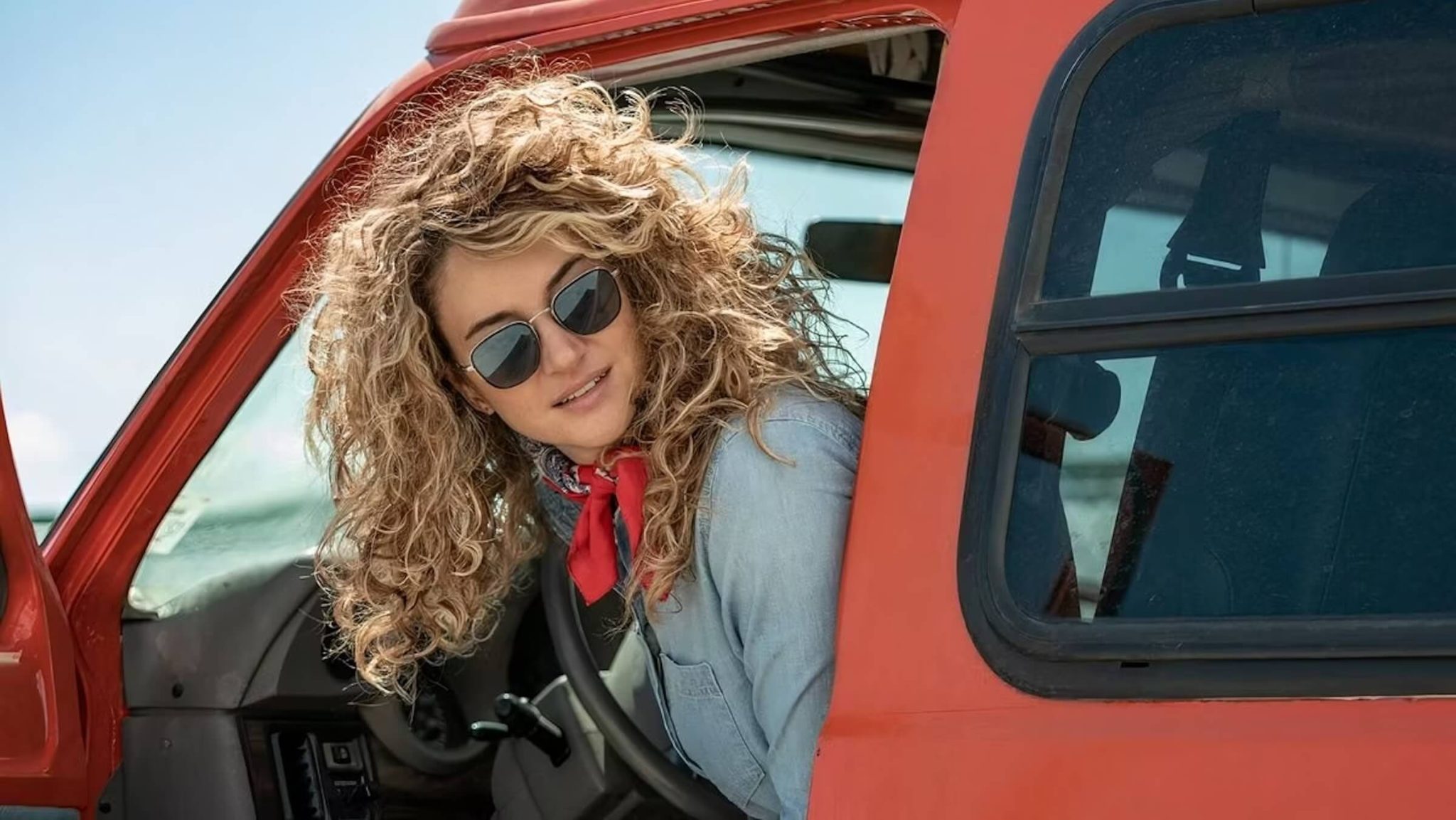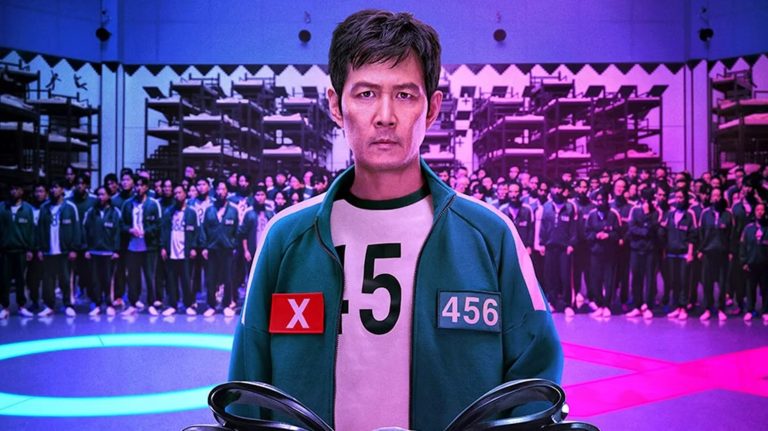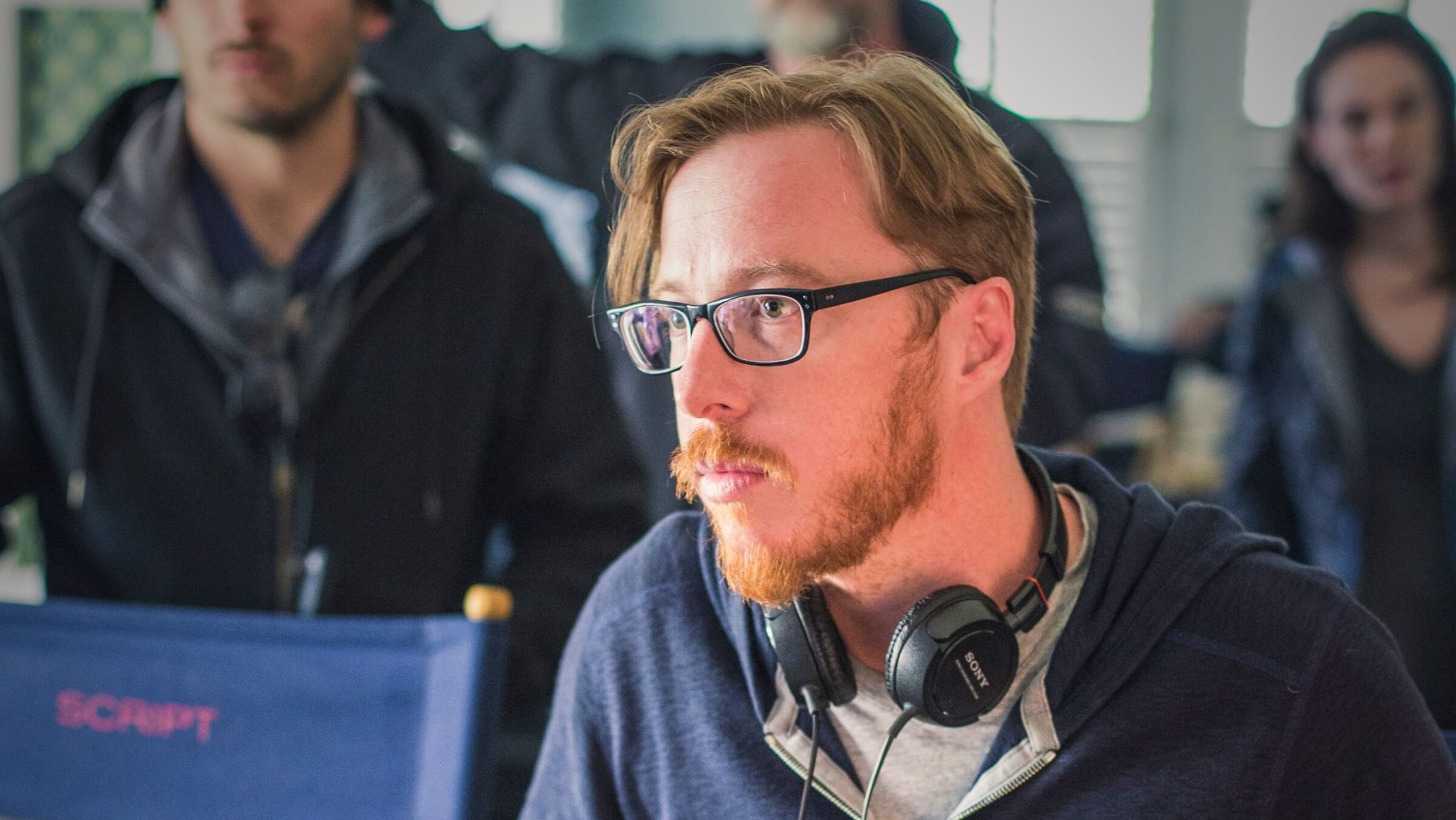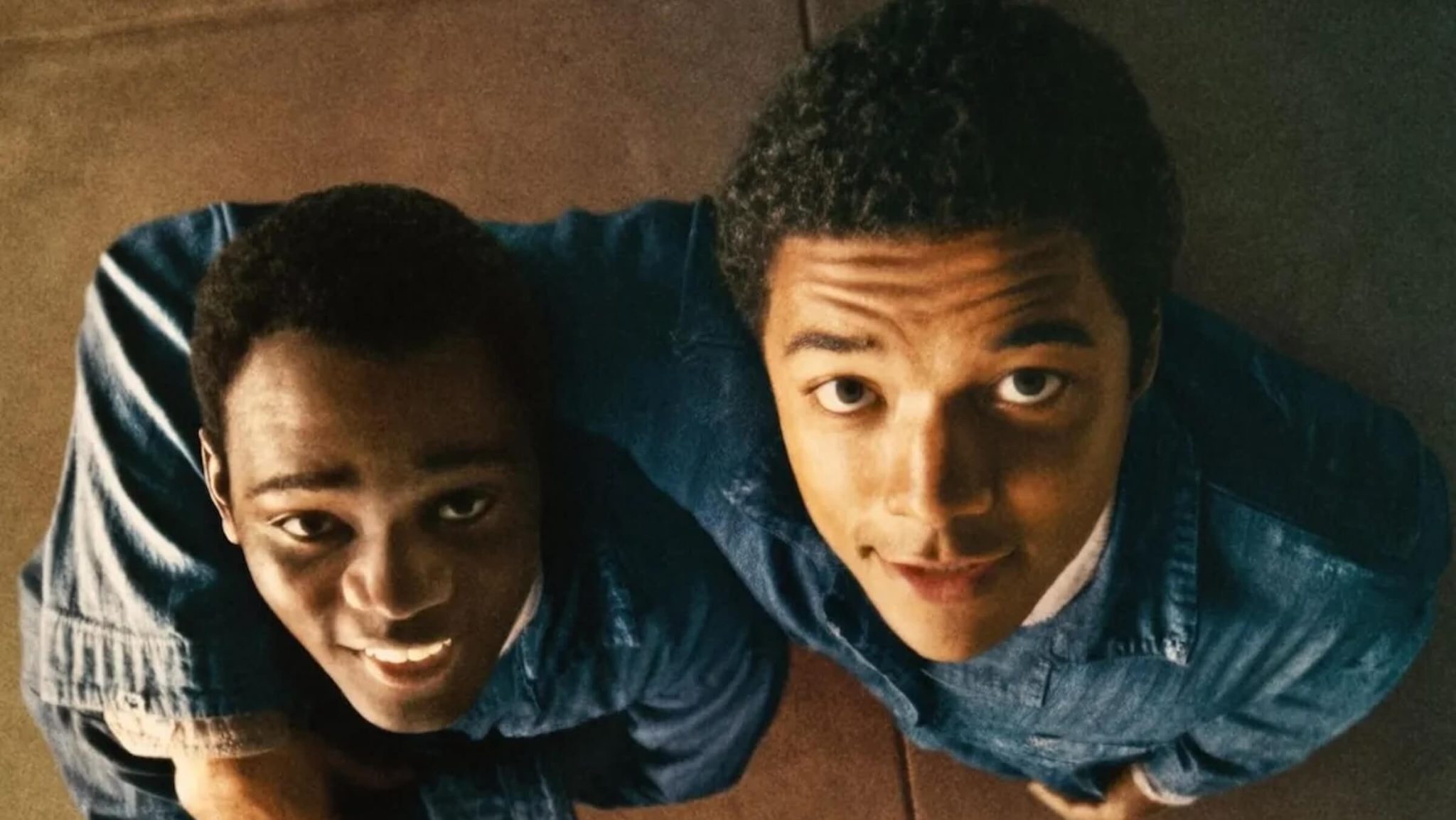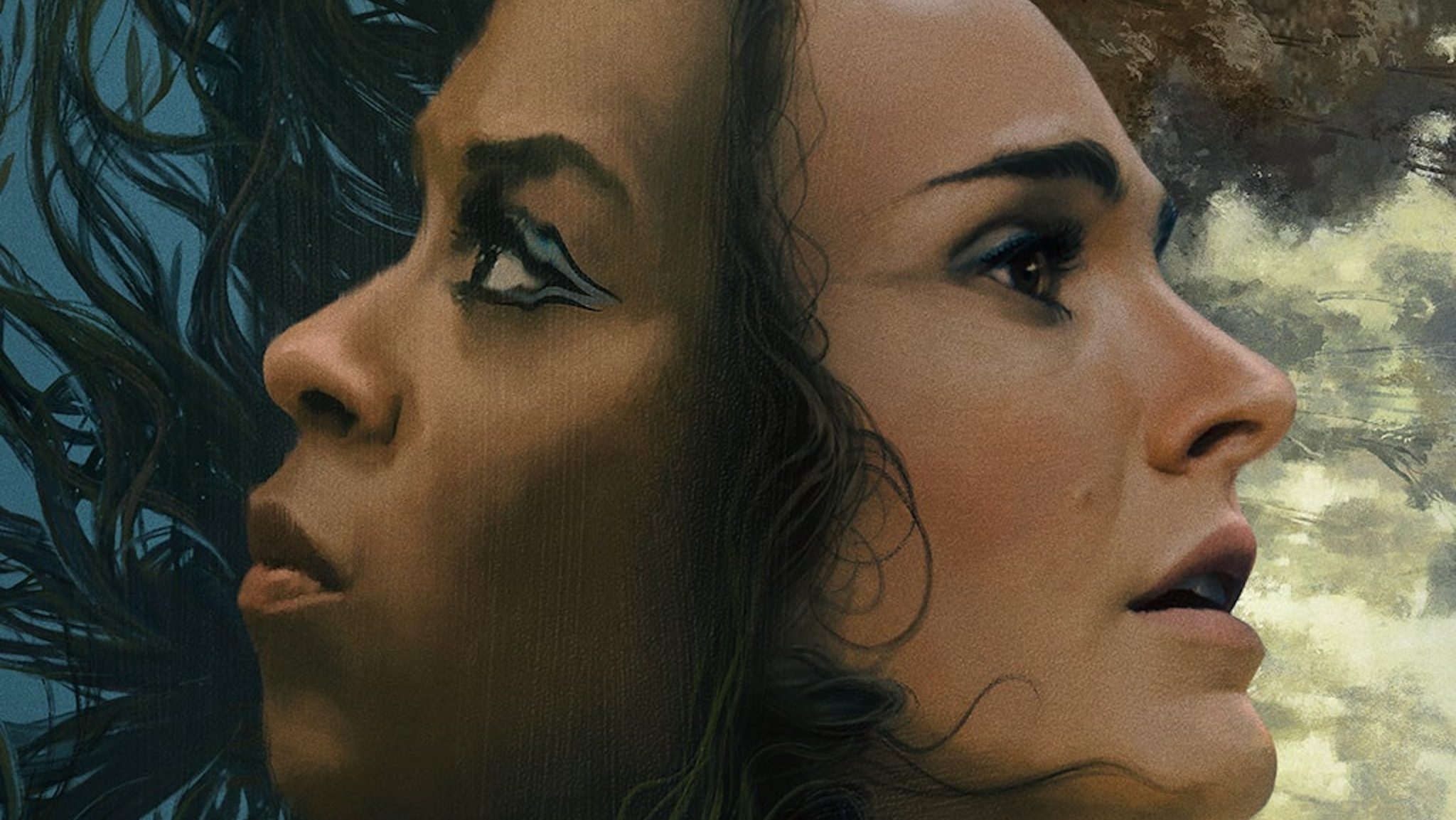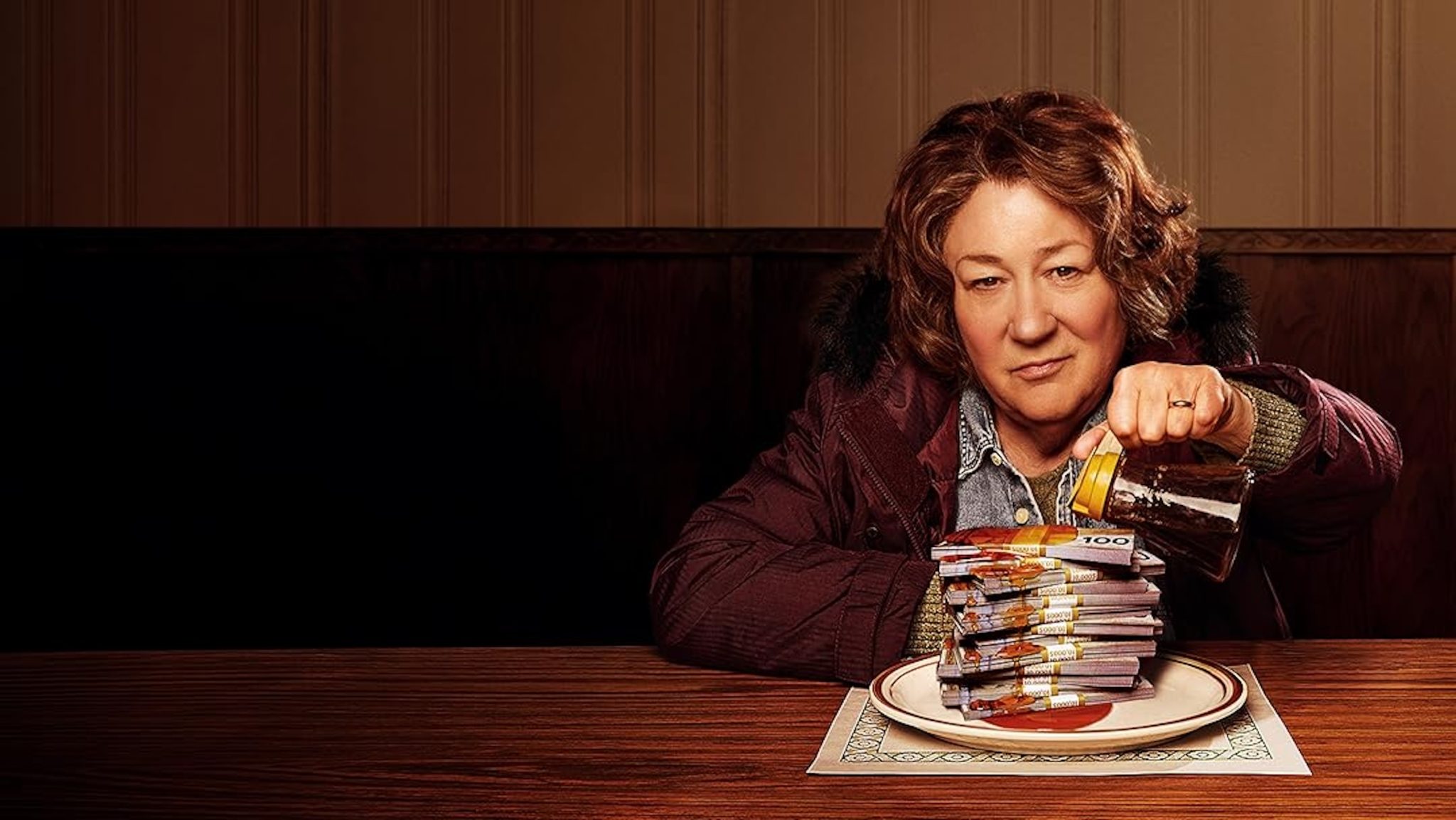'Three Women' Writer Lisa Taddeo Offers 3 Writing Insights Every Aspiring TV Writer Should Know

In ScreenCraft’s new interview with author and showrunner Lisa Taddeo, we dive into the art of adaptation and screenwriting. The writer recently brought her acclaimed book Three Women to the screen, and she has quite a few things to teach us about her process.
The Starz series features Shailene Woodley, Betty Gilpin, DeWanda Wise, and Gabrielle Creevy, and it’s based on Taddeo's bestselling exploration of desire, intimacy, and vulnerability. In the show, an author (Woodley) tells the complex stories of three women as they navigate the highs and lows of love and life.
It’s nonfiction—a true depiction of these women’s relationships and (at times, shocking) sex lives.
In our conversation, Taddeo shares her insights on screenwriting—from balancing the “rules” of fiction and nonfiction to the challenges of adapting a written work for an episodic series. Known for her unfiltered approach, she opens up about the importance of writing with honesty and how she tackles the process of bringing deeply personal narratives to life on screen.
Are you a writer aiming to bring your raw, authentic voice to the world? Taddeo’s advice can help you make impactful storytelling choices.
Balancing Fact and Fiction
One of the very first hurdles in adapting nonfiction is determining what parts of the original material are essential, and how much creative liberty to take. Taddeo had to make thoughtful choices about what to keep, omit, or even add for “dramatic tension.”
“If there wasn't enough in real life—which I find that there always is,” she said.
Adapting nonfiction might seem straightforward, but the pacing and structure of episodic television may require you to enhance certain moments for drama. However, rather than inventing that drama, you might be able to look to your real-life subject matter for powerful, natural emotional arcs.
Are there moments you already have that you can punch up for drama, or perhaps explore on a deeper level? Or perhaps you could use a different screenplay structure to expose parts of the story in interesting ways? Maybe try getting creative before you decide to invent new beats.
In Taddeo’s case, she was adapting from the real-life stories she had told once already, but she felt pressure all the same to depict these women with respect.
“The highest form that you can honor a person is just telling their truth, or letting them tell their truth without judgment,” she said.
If you’re telling someone’s true story, you want it to be a collaboration that blends the narrative with the commercial needs of the project. And you’ll want to be sure you’re covered on any legalities before you get started!
Taddeo has worked in both nonfiction and fiction with Three Women and her novel Animal. Her approach to both uses a blend of writing methods.
“My own writing is at my best when I remember the rules of nonfiction, which are the details, the honesty, the truth of everything,” she said. “I take those into fiction, and then also take the rules of fiction into nonfiction, which is you can explain a feeling as though it's a fact.”
Regardless of genre, for Taddeo, emotion seems to be at the core of everything. In nonfiction, she’s honoring those emotions; in fiction, she tries to get the audience members to feel like the characters do.
When you’re adapting nonfiction, you might find you can blend the rigor of having factual accuracy with the emotional depth of fiction. This approach could help you craft a narrative that is both faithful to real people and compelling to your audience.
Read More: How ‘We Were the Lucky Ones’ Showrunner Erica Lipez Masterfully Adapted the Complex Narrative for TV

'Three Women' (2024)
Navigating Different Formats
Obviously, working on a screenplay and novel at the same time requires different formatting conventions and styles of storytelling. So how does Taddeo do it?
“It's challenging for me,” she said. “What's really challenging for me is flipping between a book and a script, and six bibles, and whatever a day. That stuff is horrendous, I think, for this business.”
You might want to start with a novel and adapt it yourself for the screen. You’ll want to write cinematically from the start. Or you might put together a screenplay that you then want to turn into a book. Taddeo celebrates these efforts either way.
“We're all utterly unique, and we all have different ways of saying the same thing,” she said. “Essentially, just [know] that you can switch between forms.”
What writers should not do, she said, is let themselves get boxed in.
“I find that to be a horrendous aspect of all creative industries, the way that people who may be necessarily aren't even creative themselves want to put people into their lanes and say, ‘Stay in your lane.’”
Diversity in your body of work is a strength. That can be a huge selling point as you’re looking for representation. (If you don’t want to write novels, that’s fine—you just need to show you have multiple solid scripts to show a rep.)
“Just chill out and let people do what they want to do with their work,” Taddeo said. She added, “There’s going to be people telling you what to do, and not to do it, whether you're doing the right thing or the wrong thing. So you might as well just do what you want.”
Read More: How To Write a Novel That Hollywood Wants To Get Its Hands On
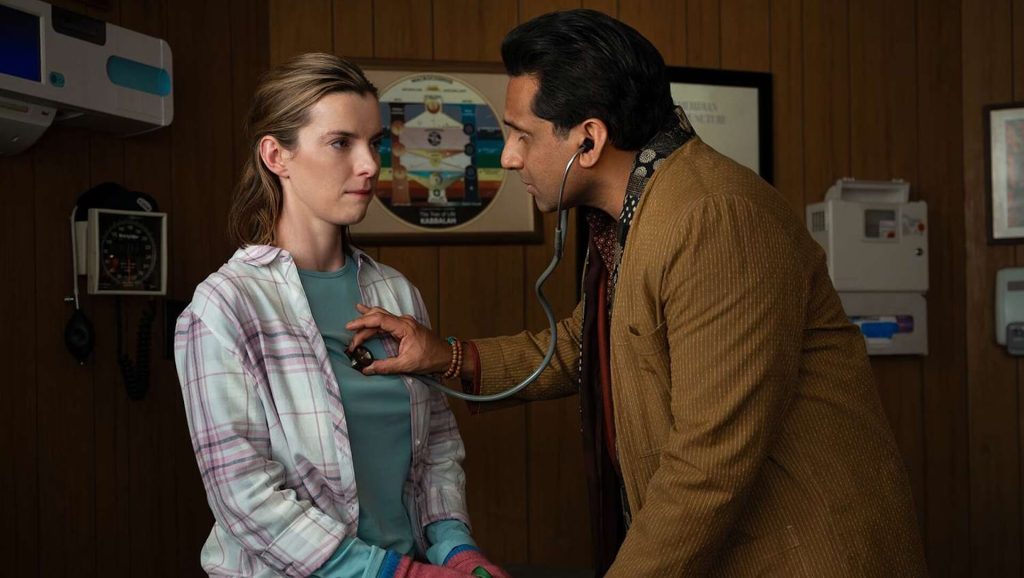
'Three Women' (2024)
Following Your Passions
Taddeo finished with some harsh but necessary truths about our profession.
“I think that doing whatever the passion is, is always a guiding light. Unfortunately, I know that sometimes where the passion lies is not necessarily where the money is. And that's really a difficult thing, being an artist.”
Everyone has to start somewhere. For many of us, we write for the love of it before we ever get a paying gig.
“All writers who are in that place should give themselves the space to go, ‘Well, you know what? This is a messed up way of doing things, to begin with. So I have to now operate within something that's not logical and fair.’ So when you're in this new space of going, ‘OK, it's not logical and fair. So what is best for my energy within this place of illogical experience?’”
Taddeo said, for her, the answer is to “work on the passionate thing.”
“Doing something, even if it's the wrong thing, I think doing it always feels better than not doing it,” she said.
Speaking of her own work, she mused that her own adaptations could have turned out poorly. But the attempt is what mattered because you could also fail “in a million other ways without ever trying to do something.”
“Do what you want. As much as you can, don’t let other people's agendas become yours, and certainly not in the artistic aspect of things.”
You will get notes. Execs will want changes. That’s also a part of the business, she acknowledged.
“But when you're in the writing phase when you're in the idea phase, I think not having any of that in your head is the best way to move forward.”
Read More: Should You Be a Novelist or Screenwriter?
Check out our Preparation Notes so you start your story off on the right track!
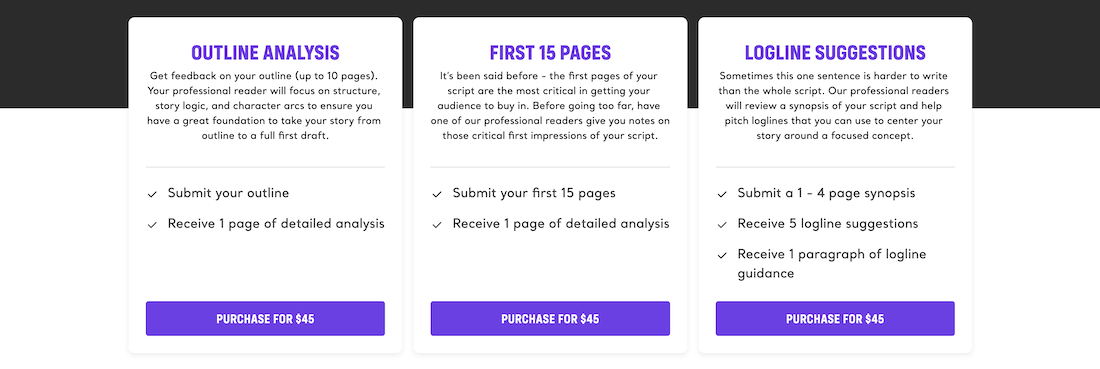
Tags
Get Our Screenwriting Newsletter!
Get weekly writing inspiration delivered to your inbox - including industry news, popular articles, and more!



